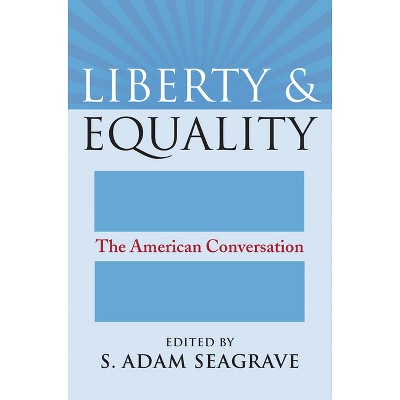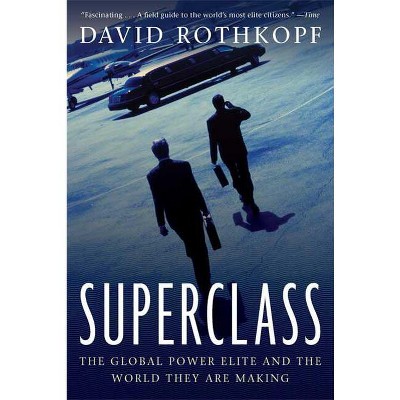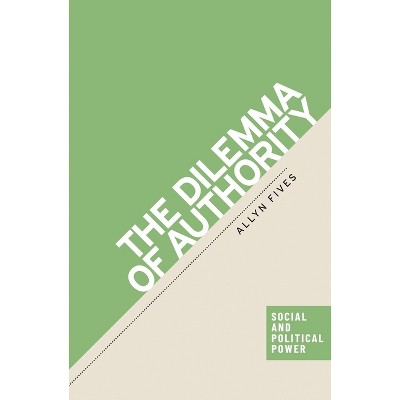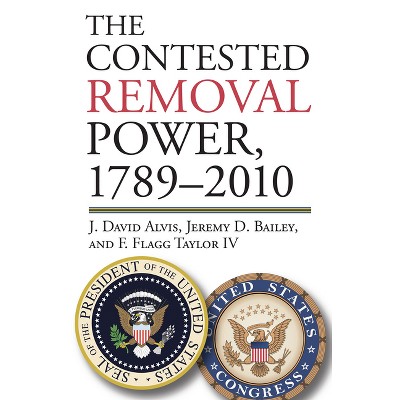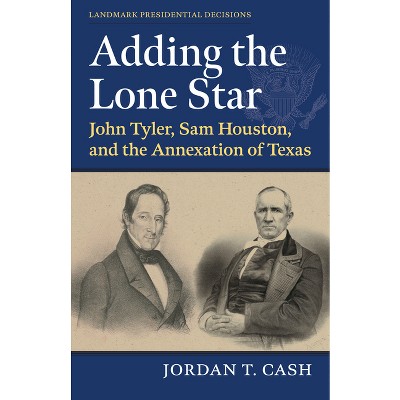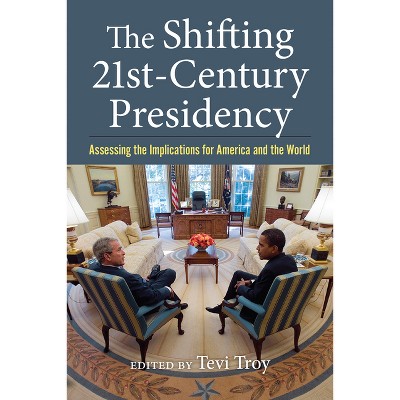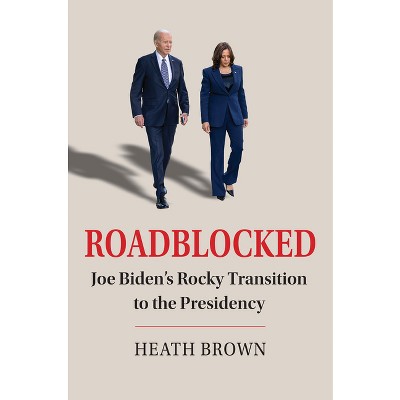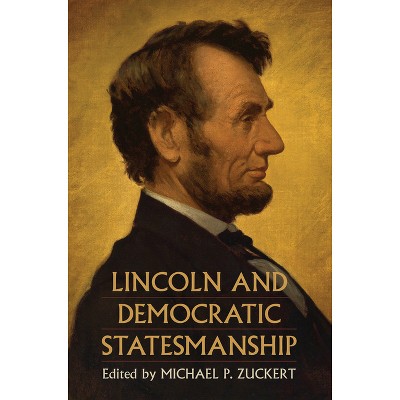Sponsored

Between Guns and Butter - by Jeremy Strickler (Hardcover)
In Stock
Sponsored
About this item
Highlights
- An illuminating study of how foreign and domestic policies have reinforced each other in post-New Deal presidencies.Studies of presidential leadership tend to separate foreign and domestic policymaking as discrete avenues of inquiry, both empirically and analytically.
- Author(s): Jeremy Strickler
- 200 Pages
- Political Science, American Government
Description
About the Book
An illuminating study of how foreign and domestic policies have reinforced each other in post-New Deal presidencies.
Book Synopsis
An illuminating study of how foreign and domestic policies have reinforced each other in post-New Deal presidencies.
Studies of presidential leadership tend to separate foreign and domestic policymaking as discrete avenues of inquiry, both empirically and analytically. This "two presidencies" syndrome has especially afflicted the study of the modern presidency. In Between Guns and Butter, Jeremy Strickler breaks this mold and simultaneously examines two significant developments that have shaped the leadership imperatives of the institution: the rise of the national security presidency and the emergence of the executive as steward of the public welfare. Strickler calls this pattern of governance the "warfare-welfare nexus."
Analyzing the administrations of Franklin D. Roosevelt, Harry S. Truman, Dwight D. Eisenhower, John F. Kennedy, and Lyndon B. Johnson, Strickler shows how each, under the pressure of emergencies both at home and abroad, navigated their governing environment by expressing ideas on the tradeoffs between guns and butter through the articulation of "visions of national strength." FDR directly linked his New Deal programs to national security and defense preparedness, not only through the Social Security Act but also through rhetoric that framed his policy initiatives as efforts to mobilize national strength at home. Truman similarly connected his Fair Deal program to national security in the face of the Korean War, under the assumption that social welfare and national defense were "one package." While Eisenhower placed greater emphasis on foreign policy, his vision of an economy-security nexus led him to promote federal funding for education as the domestic foundation for fighting the Cold War. Kennedy linked the needs of the economy with Cold War national security, yet advocated more vigorously for unleashing economic growth as a source of national strength. Johnson's commitments to both his Great Society program and an escalation of the Vietnam War--obscuring the relationship between guns and butter--proved unsustainable, representing the unraveling of the warfare-welfare nexus.
By juxtaposing American domestic and foreign policies, Strickler's study sheds new light on twentieth-century presidential history.
Review Quotes
"In an era in which so many associate social welfare with national weakness, Jeremy Strickler's briskly told history of the 'warfare-welfare nexus' in the twentieth century US is a much needed reminder of the ways in which presidential articulation of 'reform-as-strength' was crucial to forging and sustaining New Deal liberalism. Between Guns and Butter is a must-read not only for students of the presidency and American political development but for all citizens wishing to understand and perhaps even recover a once compelling vision of 'welfare-as-national security.'"--Richard Ellis, author of Lincoln's Last Card: The Emancipation Proclamation as a Case of Command
"Jeremy L. Strickler's Between Guns and Butter is scholarship at its best, challenging a widely shared view of presidential power from an entirely original perspective. Strickler sees the 'warfare-welfare nexus' as the appropriate lens through which to examine presidential power, challenging the 'two presidencies' model of a domestic president operating independently of the foreign policy presidency. Strickler rightly contends that matters of war and welfare are deeply intertwined in the modern presidency. This first-rate work combines the best of political science with political history, contesting much of the conventional wisdom surrounding five prominent 20th century presidents and the politics of 'guns and butter.'--Stephen F. Knott, author of Coming to Terms with John F. Kennedy
"This book is essential reading for understanding how US presidents from the 1930s to the 1960s advocated for a strong national defense and federal social welfare policies. Through detailed examination of scholarly sources and archival analysis, the study finds that explicit recognition of the choices at stake to build support for both priorities is essential to achieving policy success. The original research and conceptual analysis will inform research on the American presidency, American political development, and US public policy making."--Meena Bose, author of Pragmatic Vision: Obama and the Enactment of the Affordable Care Act
"Upending the conventional understanding that the demands of warfare and welfare are innately antagonistic, the fabled tension between 'guns versus butter, ' Jeremy L. Strickler argues convincingly that beginning with Franklin Roosevelt, American presidents sought to promote public welfare along with robust national security commitments. Through meticulous research and careful analysis, Strickler shows how presidents from FDR to LBJ endeavored to circumvent seemingly intractable tradeoffs. Between Guns and Butter is a significant contribution to the study of American foreign and domestic policy in the mid-20th century."--Spencer D. Bakich, author of The Gulf War: George H. W. Bush and American Grand Strategy in the Post-Cold War Era
"Using an American political development lens and extensive archival research, this book persuasively challenges the foreign-domestic distinction in the study of the American presidency and sheds new light on Cold War policy leadership."--Julia Azari, author of Delivering the People's Message: The Changing Politics of the Presidential Mandate
Shipping details
Return details
Frequently bought together

Trending Non-Fiction






